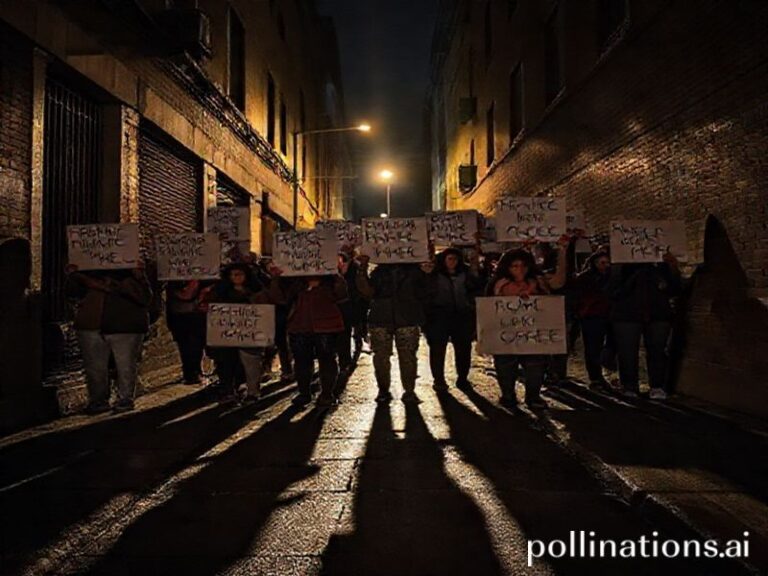Abby Phillip: The Accidental Oracle the World Watches While America Unravels
If you tune into CNN’s late-night election marathons, you’ll see Abby Phillip holding court with the unflappable calm of someone who has already mentally drafted three post-mortems for democracy and a grocery list. To much of the planet she is merely the poised Washington anchor who can call a race in Arizona while the rest of us still struggle to open a bag of crisps. Yet from Lagos to Lima, her star turn also signals something darker: the slow conversion of American politics into a prestige miniseries exported like fentanyl-laced soft power—addictive, ruinous, impossible to ignore.
Phillip’s ascent coincides with the moment U.S. cable news stopped being background noise in hotel lobbies and became required viewing for anyone whose currency, supply chain, or cousin depends on decisions made within the 202-area code. When she moderates a town-hall in Des Moines, foreign-exchange traders in Bangkok reset their dollar positions; when she corrects a senator live on air, fact-check apps in Nairobi crash from traffic. Call it the Abby Indicator: more reliable than the VIX, cheaper than a Bloomberg terminal, and only slightly less volatile than Elon Musk after a red-eye.
The irony, of course, is delicious. America spent decades beaming Baywatch and Kardashians overseas as proof of its cultural supremacy. Now the must-see-TV is a Harvard-blessed daughter of Trinidadian immigrants explaining filibuster reform to a panel that looks like it met on Craigslist. Soft power has put on a pantsuit and refuses to shout over the commercial break.
Abroad, Phillip’s presence is parsed like Kremlin tape. Brussels diplomats note her cadence for clues on congressional appropriations; Taiwanese officials count how many times she says “industrial policy” before breakfast. In the Global South she is hailed as the face of a new, multi-hyphenate America—until that America drifts toward autocracy, at which point she morphs into a reassuring screensaver for impending apocalypse. The psychological circuit is exhausting: hope, binge, dread, repeat—Netflix without the option to skip intro.
Journalism schools from Cape Town to São Paulo now dissect her rhetorical pivoting the way Jesuits once parsed Latin verbs. Professors assign her 2019 takedown of a Trump surrogate as Exhibit A in “counter-hegemonic interviewing,” a phrase so academic it requires a trigger warning for anyone who’s ever held a real job. Students practice furrowing their brows in unison, aspiring to deliver bad news with the diplomatic sorrow of a flight attendant announcing the liquor cart is empty.
Yet the global fascination also exposes the asymmetry of modern attention: when a single democracy hyperventilates on camera, the rest of the world is expected to reach for the paper bag. Viewers in countries with their own coups, floods, and inflation rates still find themselves hypnotized by Iowa caucus math, a humiliation compounded by the knowledge that America will forget their elections exist before the segment ends. If irony had a passport, it would sue for overtime.
Still, Phillip keeps anchoring, the way Rome kept minting coins even as the Visigoths rented Airbnbs inside the city walls. Her ratings are strong, her wardrobe immaculate, her diction sharp enough to slice campaign spin into sashimi. In that sense she is less journalist than high priestess of a late-capitalist rite: processing chaos into chyrons, rendering collapse digestible for advertisers whose only ideology is unskippable content.
Whether the republic stabilizes or decides to audition for Mad Max: Fury Road, the international feed will stay tuned; there are no remote controls sturdy enough to block the signal. Somewhere a Nigerian bodega owner will glance up from stacking plantains, see Phillip’s face glowing above the caption “Too Early To Call,” and mutter the same prayer offered nightly from Kyiv to Kolkata: “Please, not again.”
The gods of cable, as always, remain unavailable for comment.







